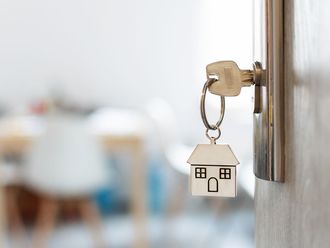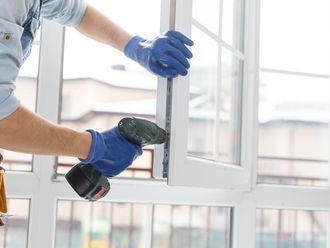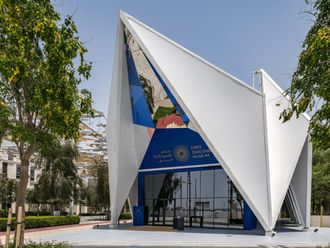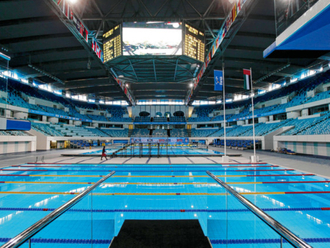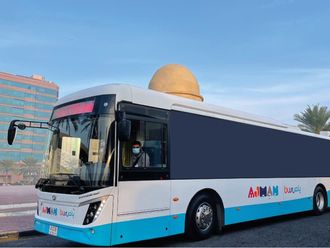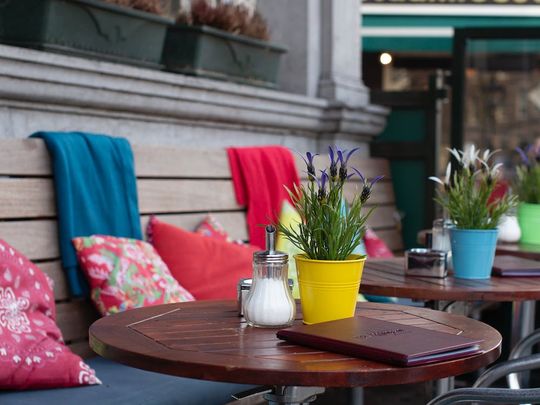
Dubai: Restaurants and eateries in Abu Dhabi have been informed of the rules they need to keep in mind if they wish to set up outdoor seating areas in the emirate, as the weather gets cooler in the UAE.
Food outlets are required to obtain a permit for setting up temporary outdoor seating arrangements. Failing to do so incurs a fine of Dh5,000.
The Abu Dhabi City Municipality, in partnership with the City Municipality Centre, has initiated a campaign aimed to raise awareness about the criteria, guidelines, and operational procedures related to outdoor seating spaces and seating areas next to pavements near commercial establishments, including shops, eateries, cafes, and other service venues.
The authorities have urged owners and managers of shops, cafés, and restaurants to strictly adhere to the regulations, standards, and guidelines. Business owners should ensure that they obtain the necessary permits from the appropriate governmental and regulatory bodies. This will enable them to utilise outdoor spaces adjacent to their premises in a lawful and systematic manner.
6 things to know about outdoor seating permits
The municipality has outlined the following set of requirements:
1. Business proprietors can submit permit requests through the TAMM platform, if they have the consent of the building owner and a valid lease agreement of at least six months.
2. The City Municipality Centre will evaluate the proposed outdoor seating dimensions and determine the relevant fees.
3. The permit fee for outdoor seating is calculated based on the required space and includes a refundable deposit of Dh10,000.
4. Issued permits are valid for one year, with the option of renewal.
5. The municipality retains the right to revoke the permit if the terms are violated. Violation of permit conditions results in a penalty of Dh3,000. The permit may also be revoked if urban development necessitates it, with no liability for potential losses to the permit holder.
6. A detailed layout plan specifying the arrangement of tables, chairs, and shading devices must be submitted in compliance with established guidelines.

